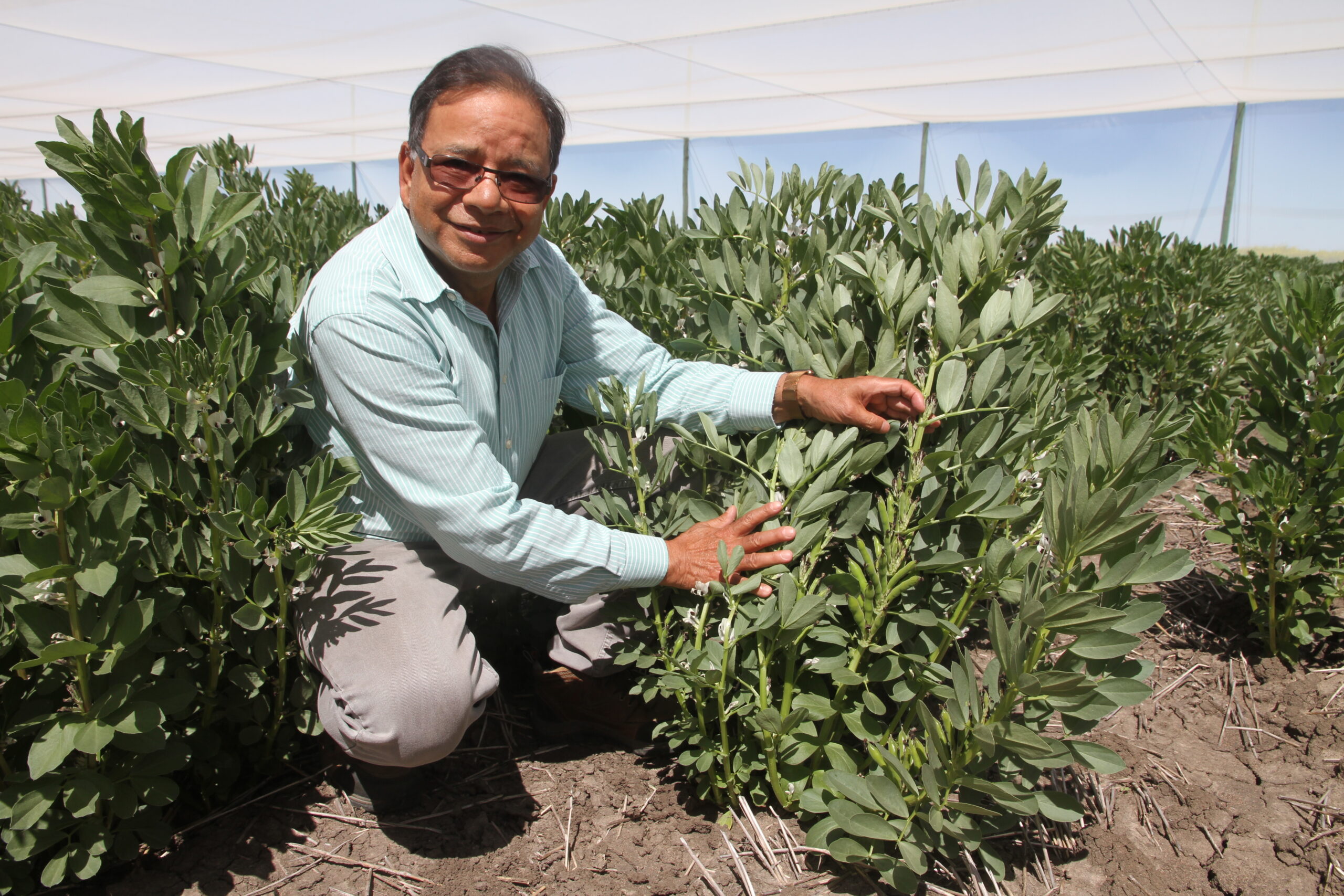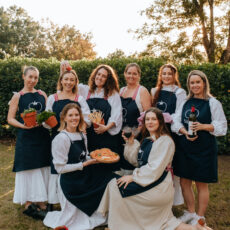A high yielding and disease resistant northern variety of faba bean has been developed out of Narrabri’s University of Sydney Plant Breeding Institute.
The variety, called FBA Ayla, has been a decade in the making and was developed by Dr Kedar Adhikari as part of the Faculty of Science.
Dr Adhikari is a program leader and senior plant breeder at the institute which forms part of the Sydney Institute of Agriculture.
The faba bean is the second most important grain legume after the chickpea in the sub-tropical grain growing region of Australia.
This region takes in northern NSW and southern Queensland.
Faba bean breeding has been a collaborative project between the NSW Department of Primary Industries and the University of Adelaide.
It was supported by the Grains Research and Development Corporation.
Dr Adhkari said the variety’s development stemmed from the cross of two varieties.
One variety had a good yield but lacked strong disease resistance.
The other variety, however, was not as good agronomically.
The combination of the two has resulted in FBA Ayla which Dr Adhikari described as a long process to develop but rewarding in the end.
“Farmers will benefit from growing FBA Ayla without any compromise in disease resistance and seed quality,” he said.
Its development has been complex.
After looking at its progeny, the variety was segregated for four to five generations and a plant selection was made.
The variety’s characteristics were monitored and it was evaluated in several locations.
Such a scientific development generally takes between eight and 10 years.
One of the variety’s highlights is it high yielding across all faba bean growing areas of northern NSW and southern Queensland.
PBA Ayla has out-yielded all current faba bean varieties by at least four to five per cent in both low and high yielding trial sites.
Its rust resistance is similar to PBA Nanu which has slightly better rust resistance than the earlier released varieties.
FBA Ayla also has a similar level of tolerance to bean leaf roll virus, a significant disease in the northern region.
Its uniform and superior seed size over PBA Warda will make it readily acceptable for marketing, while being a smaller seed than PBA Nasma will improve handling at seeding.
Its agronomic package is also similar to growing other faba bean varieties and no extra care is needed for its cultivation.
FBA Ayla’s name comes from Arabic origin, with Ayla referring to moonlight.
The name was selected as familiar and easy to remember for customers in the Middle Eastern market which could also benefit from this variety due to its similar climate.
In terms of marketing, it will be suitable in the medium seed size market for human consumption.
Its uniform size and colour is expected to make the variety attractive to Middle East growers.
While FBA Ayla’s decade-long development at the Plant Breeding Institute draws to a close, the centre’s continuous progress of cross varieties which provide enormous advantage to the agricultural sector continues.
See more like this:
- Native plants program a recipe for success
- $11.95m for research centre at University of Sydney’s PBI
- Plant Breeding Institute’s key role in industry, community











